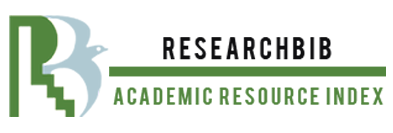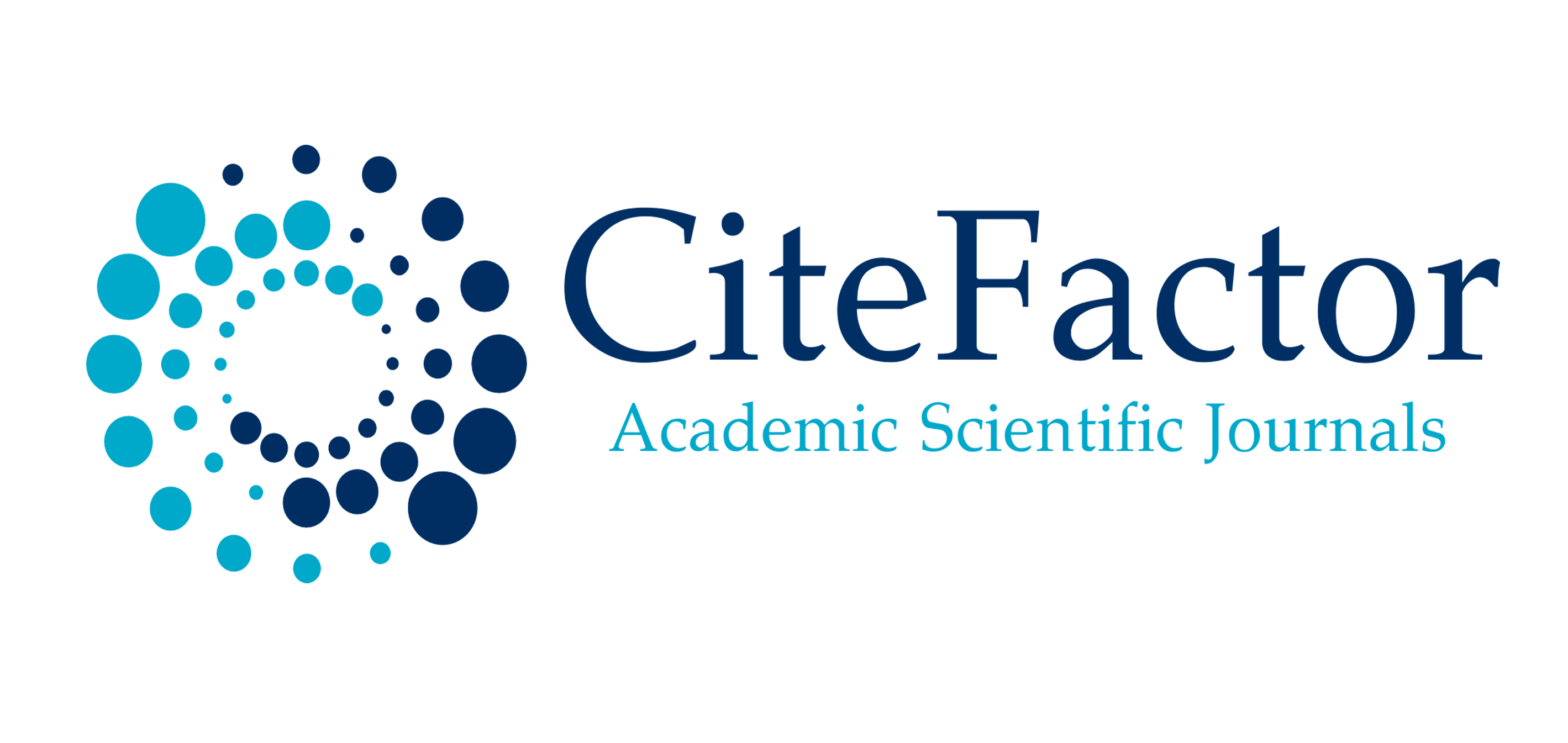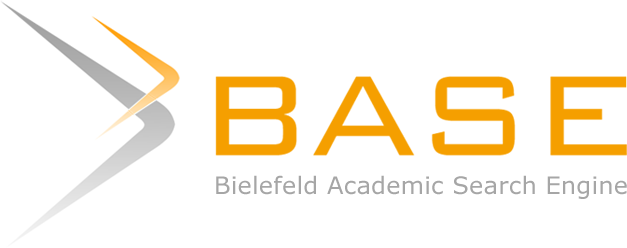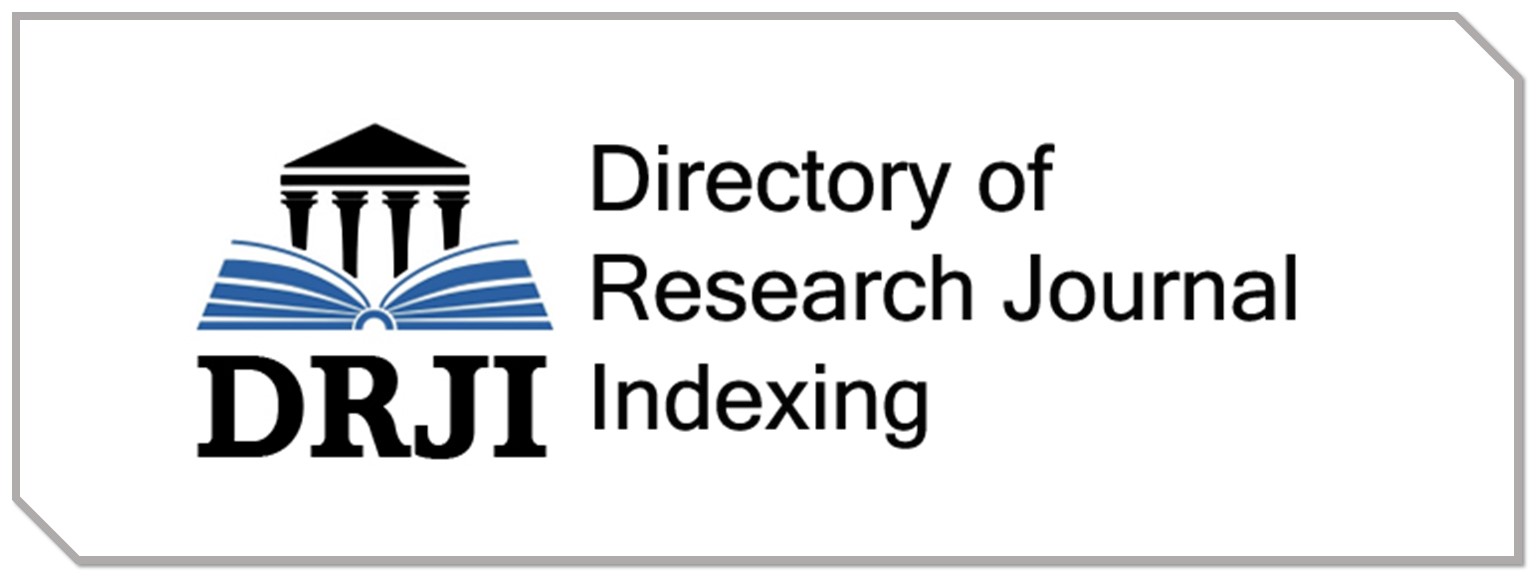Enhancing Foreign Language Education Through Integration of Digital Technologies
Keywords:
Language education, digital tools, and pedagogy, language learning, digital technologies, adaptive learning, virtual classroomsAbstract
The investigation focuses on how important digital technologies are to the field of teaching foreign languages. It evaluates how different digital tools are integrated and how language learning is affected by them, providing pedagogical consequences and insights into their effectiveness. Digital learning aids encourage students to participate in interactive exercises, role-playing, and multimedia learning. For example, real-time speaking and listening activities in language learning apps provide instant feedback, encouraging engagement. Customised learning experiences are made possible by these tools. To ensure that every student learns at their own rate, educators employ adaptive learning platforms that modify the complexity of the content based on each student's progress. Technology links students worldwide, facilitating collaborative learning. Through linguistic exchanges with native speakers made possible by online platforms, genuine communication and cross-cultural understanding are promoted. Incorporate a range of multimedia materials, such as podcasts, videos, and web articles, to accommodate different learning styles. By exposing students to real-world language use, these resources improve their comprehension and cultural sensitivity. With the quick evaluation and feedback that digital tools offer, teachers can efficiently monitor their pupils' progress. This quick feedback loop speeds up language acquisition by assisting students in correcting errors as soon as they occur.










